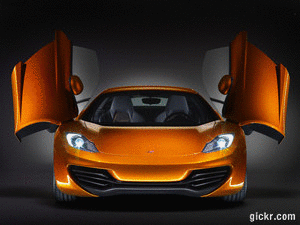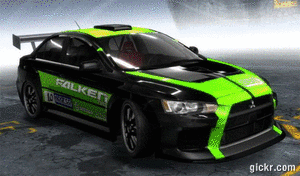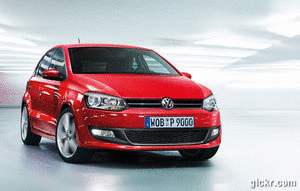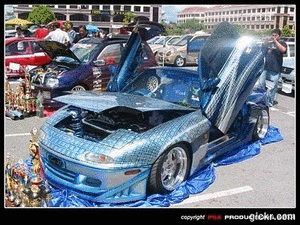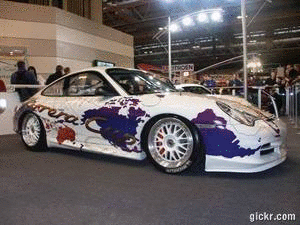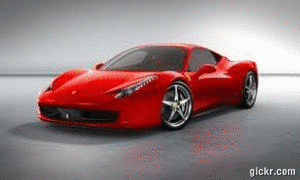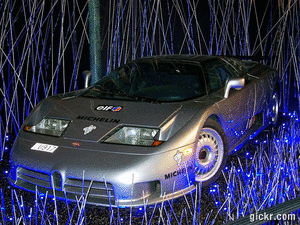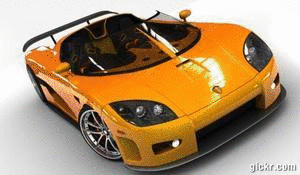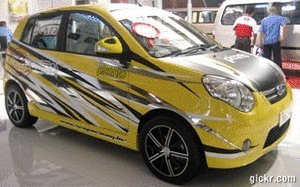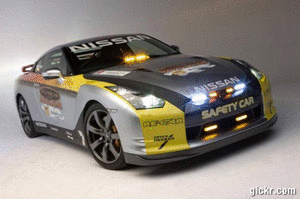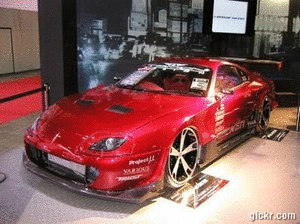GMC Denali XT Concept 2008

 It offers a 50-percent increase in combined fuel economy over comparable small pickup trucks when running on gasoline, and it incorporates a new, muscular form in a performance-styled, hybrid sport-utility truck (SUT).
It offers a 50-percent increase in combined fuel economy over comparable small pickup trucks when running on gasoline, and it incorporates a new, muscular form in a performance-styled, hybrid sport-utility truck (SUT).The Denali XT has a unibody architecture and rear-wheel drive, enabling its distinctive design and efficient performance. It builds on the equity of the Denali line and its reputation for advanced engineering and refinement, the first combination of GM's two-mode hybrid system with an E85 ethanol-capable engine. Denali XT's new, more efficient 4.9L version of GM's small-block V-8 features fuel-saving technologies such as direct-injection technology and Active Fuel Management.
The engine is matched with GM's unique two-mode hybrid propulsion system, giving the powerful SUT exceptional fuel economy and uncompromising capability - including all-electric drive at low speeds. It is a powertrain combination that makes the Denali XT perfectly suited to a variety of active lifestyle activities, such as hauling skis and snowboards to the mountain or towing a sport jet boat to the lake.
With its unibody structure, the Denali XT is lighter than conventional body-on-frame trucks, with great ride-and-handling characteristics. This design enhances fuel economy while giving the vehicle a sporty driving experience. True to its GMC Professional Grade heritage, the Denali XT is filled with technologies and features that maximize its flexibility, including a cargo space-enhancing Midgate and height-adjustable suspension.
The Denali XT's proportions are framed around a high cowl and 123.4-inch (3,134 mm) wheelbase. This enhances the vehicle's truck functionality, but packages it in an efficient, unibody architecture.
 The design and the construction were spearheaded by Holden Design, within the Australian arm of GM's global design and engineering network.
The design and the construction were spearheaded by Holden Design, within the Australian arm of GM's global design and engineering network.Dramatic design statement
A muscular form and wide, firmly planted stance give the Denali XT a confidently capable road presence. Minimal overhangs, large wheels, sleek headlamps and a low roof profile deliver an aggressive, performance-oriented appearance.
The Denali XT's design includes a new take on GMC's iconic grille, with a prominent, four-bar element in addition to the large, red GMC logo and signature Denali background. Flared fenders accentuate the wide road stance. The stance is also enhanced when the Denali XT is lowered on its air-adjustable suspension, which creates a sleeker appearance that simultaneously improves aerodynamics. Large, bold 23-inch wheels and custom Kuhmo tires complement the Denali XT's stance.
The Inside,
The Denali XT blends mechanical functionality with leather-trimmed comfort.
Billet-metal surrounds, controls and instruments convey the cold precision of an aircraft cockpit. This is balanced by the warmth of bespoke saddle-leather trimmed seats and other contact surfaces.

The Denali XT seats four. The high-cowl vehicle architecture enables higher seating positions, allowing the couple distance between front and rear occupants to be reduced without compromising knee room. This packaging efficiency creates generous interior and cargo bed dimensions within a more compact package.
Truck capability
With stiffness that is greater than most conventional, body-on-frame trucks, the Denali XT's unibody structure supports a very capable truck platform. It also serves as the mounting point for a four-wheel independent suspension that gives the vehicle its performance feel on the road. The multilink front suspension features a forward-mounted steering rack and dual lower links with ball joints at the outer ends, providing sharp responses to driver input. At the rear, a four-link suspension design uses coil-over shocks and a decoupled stabilizer bar to enhance cornering control, reduce body roll and optimize longitudinal compliance. In short, it's a truck that hauls more than cargo on twisting roads.
The rear cargo area is wide, deep and flat, with no suspension or wheelhouse protrusions; the cargo floor measures 55 inches long (1,397 mm) by 47.5 inches wide (1,206 mm). It all adds up to the space to haul a wide variety of lifestyle accessories.
The easy-to-operate Midgate can be lowered to extend the cargo-carrying capacity inside the vehicle. The rear seats fold flat to provide a longer floor for carrying items such as skis, surfboards or wood from the home improvement store. A fixed rear window allowed engineers to retain the vehicle's structure, reducing mass and complexity.
The Denali XT has an estimated payload capacity of 1,100 pounds (499 kg) and a towing capacity of an estimated 3,500 pounds (1,587 kg). This capability is delivered through unique vehicle and powertrain integration, where the multiple modes of GM's two-mode hybrid system provide towing capability.
New 4.9L SIDI V-8 and two-mode hybrid system
The GM's rear-wheel-drive two-mode hybrid transmission is paired with a smaller-displacement version of the small-block engine. The new V-8 4.9L E85-capable engine powers the Denali XT with an estimated 326 horsepower (243 kW).
It uses direct-injection technology to produce the power of a larger engine, but consumes less fuel and produces lower emissions.
The functionality of GM's Active Fuel Management system has been expanded through the use of hybrid technologies, enhancing the cylinder-deactivating feature to further improve fuel efficiency.
The Denali XT's two-mode hybrid system is partnered with the 4.9L engine and uses an electrically variable transmission to enhance fuel efficiency in city and highway driving. In city driving, all-electric propulsion is used at low speeds; on the highway, fixed-gear operation enables efficient performance even when towing a trailer.
The specific characteristics of the Denali XT allowed the synergistic evolution of GM's small-block V-8 and two-mode hybrid beyond the recently introduced in GM two-mode hybrid products, such as the GMC Yukon Hybrid and Sierra Hybrid. During this optimization process, additional powertrain technologies have been integrated, including Active Thermal Management, which transfers thermal energy from one driveline component to another to improve efficiency; and a high-efficiency axle configuration, which fundamentally reduces the losses normally associated with conventional axle configurations.
